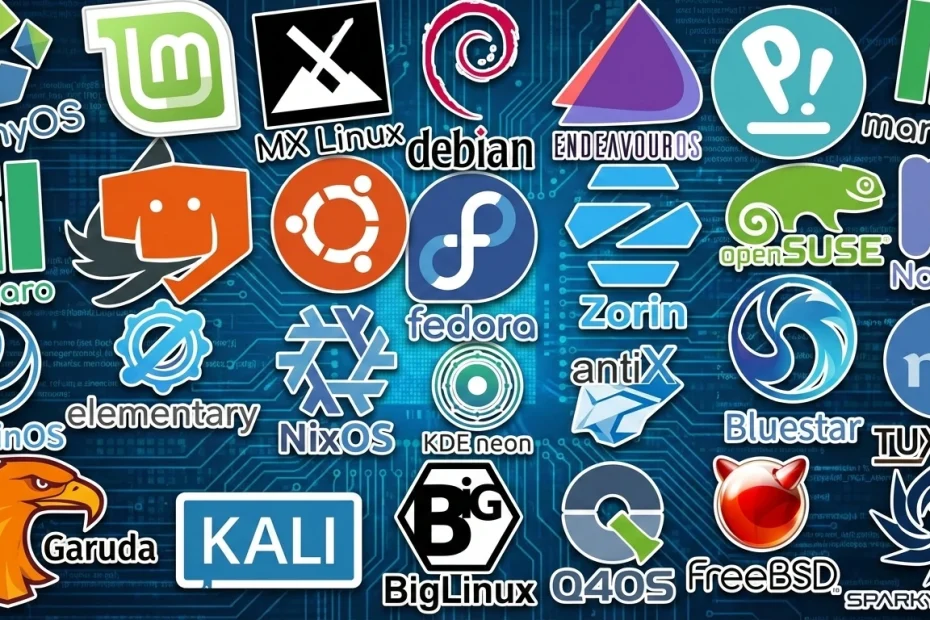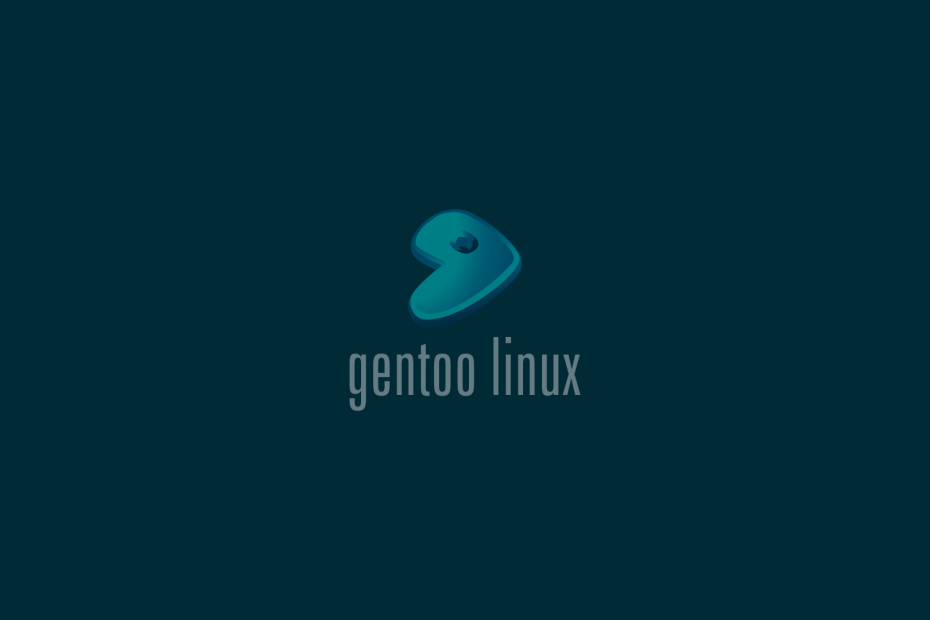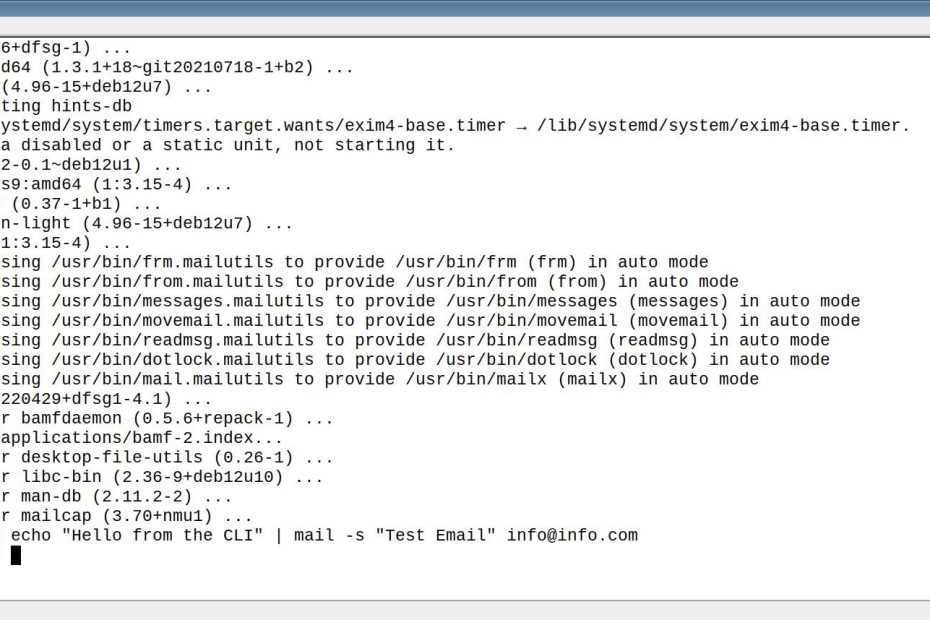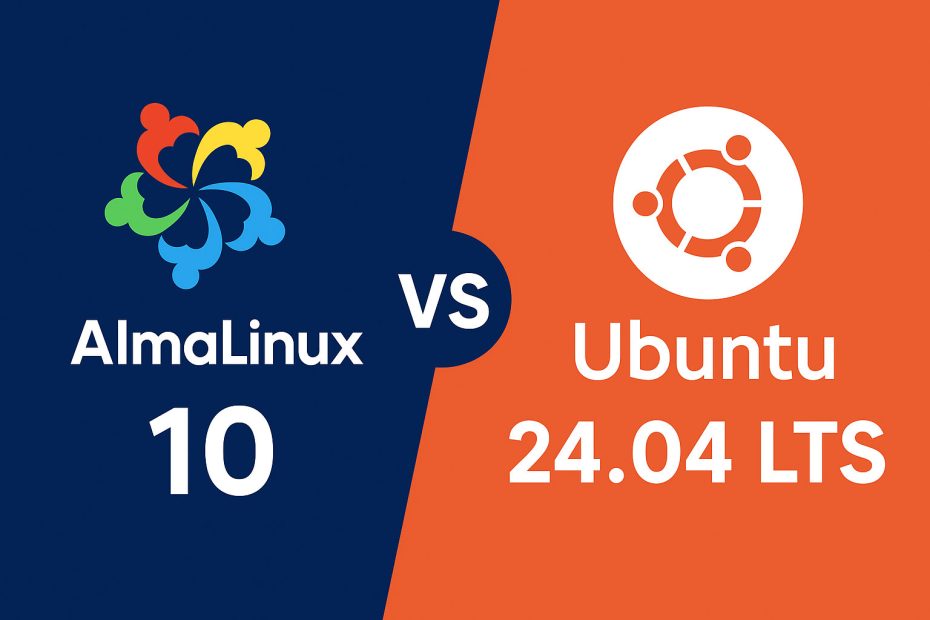Top Irish Linux Distros in 2026
When people say “Irish Linux distros”, they usually mean systems that are developed or headquartered in Ireland, or projects with key leadership and community roots there. In 2026 this is a small but interesting club, led by Zorin OS and Solus, with Linux Mint and a few mainstream distributions playing a strong supporting role on… Read More »Top Irish Linux Distros in 2026









